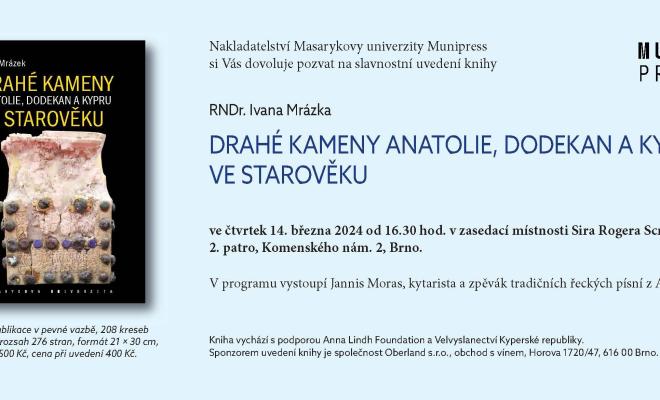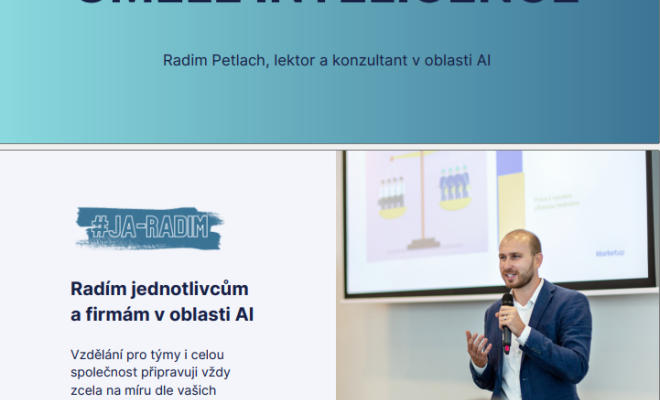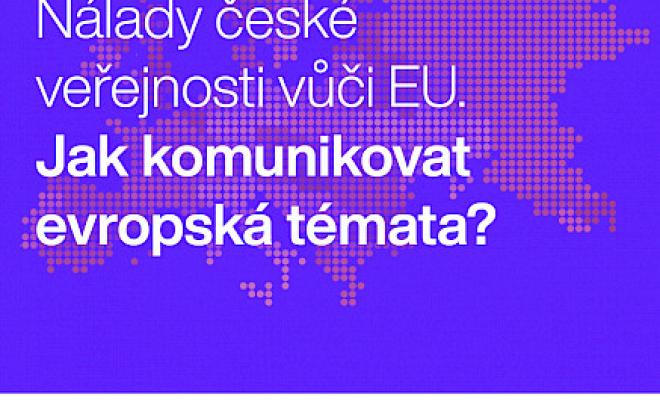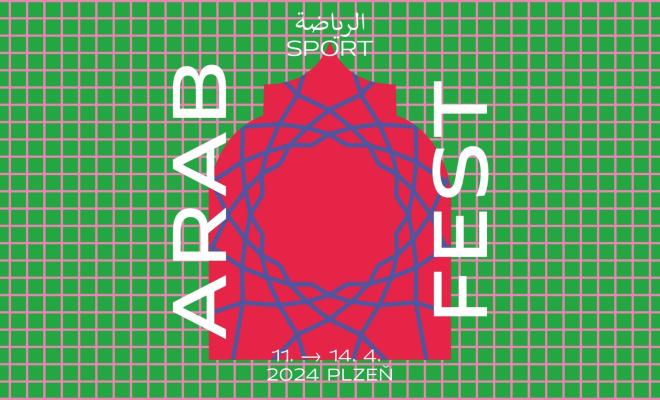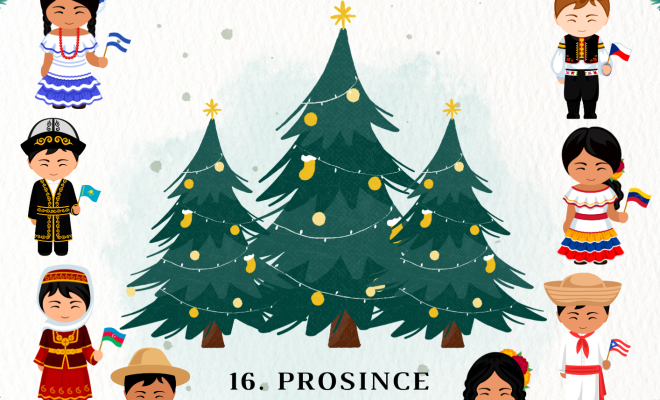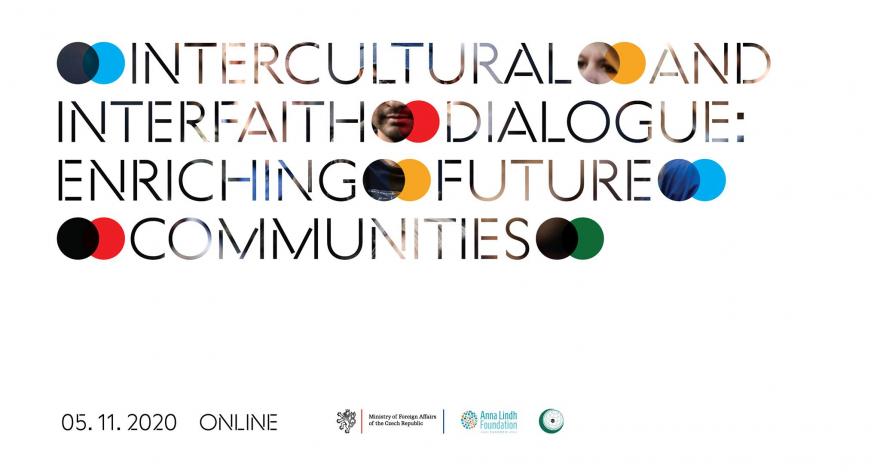
The Covid-19 pandemic might have been our generation´s most formative crisis experience. We have navigated through unprecedented lockdowns of our societies and immense economic shocks. We witnessed international interaction downgraded close to zero as well as vacant churches, mosques and synagogues. We understood the great value of communication, social interaction and open world.
Similar to past lessons of this scale and human impact, the crisis made us feel fragile or even fearful, it uncovered some dead-ends of our socio-economic evolution and yet offered inspiration for the future. Sustainable development, security and prosperity, social coherence and solidarity as well as identity and moral integrity – all these values need to be re-assessed now with fresh emphasis and urgency. We believe that such a task is best done through comprehensive, open and honest dialogue.
The fifth successive conference dedicated to the intercultural and interfaith dialogue, hosted by the Czech Ministry of Foreign Affairs in cooperation with the Prague based Ambassadors of the Organization of Islamic Cooperation member states, Institute of International Relations and Anna Lindh Foundation; provides a platform for expert, policymakers, youth and general public exchange.
We aspire to contribute to long-term global efforts enhancing mutual understanding and multilateral cooperation while at the same time focus our attention on very present opportunities and threats which need to be addressed in consensual, peaceful and creative ways. Reflecting upon Future Communities, young people participation, opinions and ownership seem indispensable and beneficial. Community life needs care and constant effort to flourish. The Conference aims to contribute to this end by providing a platform to debate and identify potential ways how to reach there.
Key axes of the Conference discourse, i.e. three main methodical perspectives, could be described as 1/ Academic descriptive as well as normative evaluation of the post-crisis situation we have faced including a positive role of the faith-based communities; 2/ Diplomats – interfaith and intercultural dialogue professionals´ assessment of what should be done in practice for the sake of social resilience and prevention of possible further deterioration; 3/ Civil society - in particular youth - perception and reflections and their expectations vis-à-vis the future.
Let us proceed from a common starting point - crisis as an opportunity - via an outstanding gathering of experts and public at the Conference towards a shared global responsibility and intentional actions. Unlike embarrassing populist or malign radical voices, let us esteem our enriching and mutually inspiring potential while respecting - not ignoring - our diverse cultural and religious backgrounds.
Some framing questions suggested to possibly steer participants thinking ahead of the Conference: How did you perceive pandemic lockdowns and disconnection in your home community and abroad? What have you done to overcome these limits in your professional as well as personal lives? Which short- and long-term trends (both positive/negative) seem to have enforced over the last year? Could the globally shared sense of uncertainty bring about any positive sentiments of global solidarity? What particular values and strengths could be associated with the resilience of faith-based societies? Which key takeaways shall be controlled and/or further promoted within the expert and public debates?
